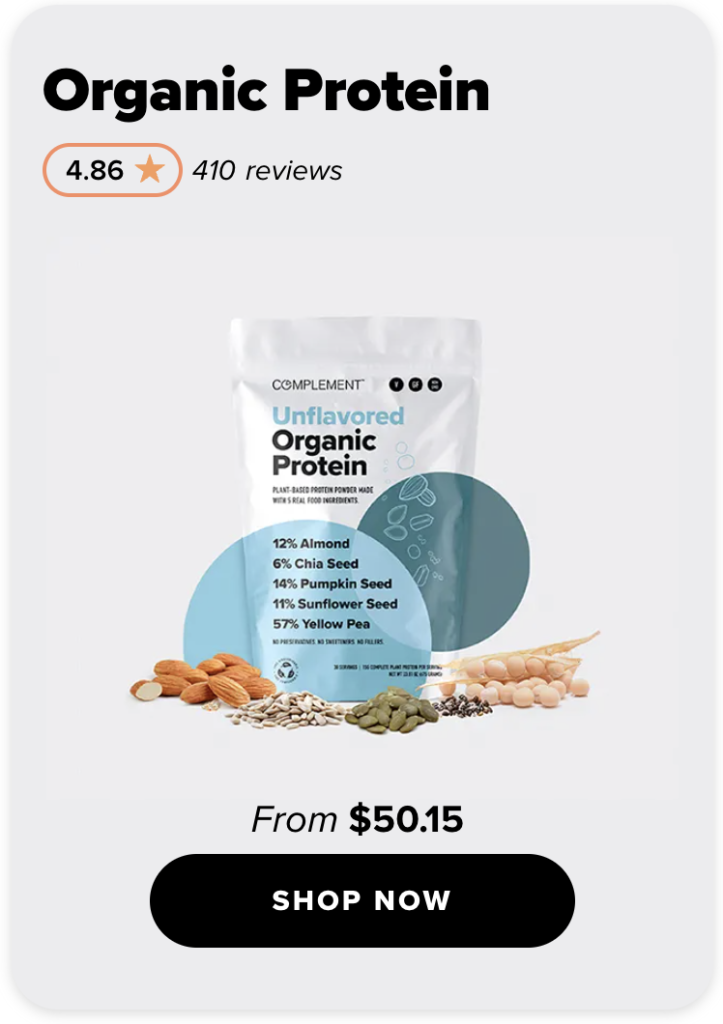Processed foods have become a staple in many people’s diets, but they have also become a source of controversy. These foods are often high in calories, sugar, and unhealthy fats, and can contribute to a number of health problems, including obesity, heart disease, and type 2 diabetes. In this post, we will explore the reasons why processed foods are bad, and whether some types are better than others.
What are Processed Foods?
Before we dive into the specific health concerns associated with processed foods, it’s important to understand what exactly constitutes a processed food. According to the United States Department of Agriculture (USDA), processed foods are “any food other than a raw agricultural commodity and includes any raw commodity that has been subject to washing, cleaning, milling, cutting, grinding, mixing, blending, heating, pasteurizing, irradiating, drying, dehydrating, canning, freezing, packaging, or other procedures that alter the raw commodity.”
This definition includes a wide range of foods, from frozen dinners and packaged snacks to canned fruits and vegetables and even some types of cheese. Essentially, any food that has been altered in some way from its original state is considered processed.
Why are Processed Foods Bad?
- High in calories, sugar, and unhealthy fats
One of the main reasons why they are bad for our health is that they are often high in calories, sugar, and unhealthy fats. These ingredients can contribute to weight gain and obesity, which in turn increase the risk of a host of health problems, including heart disease, type 2 diabetes, and certain cancers.
- Low in Nutrients
Processed foods are often low in essential nutrients such as vitamins and minerals. This can lead to nutrient deficiencies and a host of health problems, including anemia, osteoporosis, and birth defects.
- Contain Additives and Chemicals
Many processed foods contain a host of additives and chemicals, such as preservatives, artificial colors, and artificial sweeteners. These ingredients can have negative effects on our health, and in some cases, have been linked to cancer and other serious health problems.
- Lack of Fiber
Processed foods are often lacking in fiber, which is an essential nutrient that helps to keep our digestive system healthy. A diet high in processed foods and low in fiber has been linked to constipation, diverticulitis, and other digestive problems.
Are Some Better Than Others?
While it’s clear that these foods can be bad for our health, it’s also important to recognize that not all are equal. Some types are better than others, and can even be a healthy part of a balanced diet.
- Whole-Grain Processed Foods
Whole-grain processed foods, such as whole-grain breads and cereals, are a better choice than their refined counterparts. Whole grains are a good source of fiber and other essential nutrients, and can help to reduce the risk of heart disease and type 2 diabetes.
- Low-fat Processed Foods
Low-fat processed foods, such as fat-free yogurt and cheese, can be a healthy choice for people who are trying to lose weight or reduce their risk of heart disease. However, it’s important to note that low-fat processed foods can be high in sugar and calories, so it’s important to read the nutrition label carefully.
- Canned Fruits and Vegetables
Canned fruits and vegetables can be a healthy choice, especially when fresh produce is not in season. Just make sure to choose varieties that are canned in water or their own juice, rather than syrup. Canned fruits and vegetables can be a convenient and affordable way to get your daily dose of vitamins and minerals.
- Frozen Foods
Frozen foods, such as frozen vegetables and fruits, can be a healthy choice as long as they are not high in added sugars and sodium. Frozen fruits and vegetables can be a convenient way to get your daily dose of vitamins and minerals, and can be especially useful when fresh produce is not in season.
- Processed Meat Alternatives
Processed meat alternatives such as plant-based burgers, sausages and meatless meatballs are becoming increasingly popular. They can be a good alternative to traditional processed meats, which are high in saturated fat and sodium.
Conclusion
Processed foods have become a staple in many people’s diets, but they are not always the best choice for our health. They are often high in calories, sugar, and unhealthy fats, and can contribute to a number of health problems. However, not all are equal, and some types can be a healthy part of a balanced diet. When choosing, it’s important to read the nutrition label carefully and look for whole-grain, low-fat, and minimally processed options.
References:
- United States Department of Agriculture (USDA). (n.d.). What is a Processed Food? Retrieved from https://www.fsis.usda.gov/wps/portal/fsis/topics/food-safety-education/get-answers/food-safety-fact-sheets/food-labeling/processed-food
- World Health Organization. (2015). Diet, nutrition and the prevention of chronic diseases. Geneva, Switzerland.
- American Heart Association. (n.d.). Processed Foods: What’s OK and What to Avoid. Retrieved from https://www.heart.org/en/healthy-living/healthy-eating/eat-smart/sodium/processed-foods-whats-ok-and-what-to-avoid
- Food Standards Australia New Zealand (FSANZ). (2016). The safety of food additives. Retrieved from https://www.foodstandards.gov.au/consumer/additives/Pages/default.aspx
- American Institute for Cancer Research. (n.d.). Processed Meat and Cancer. Retrieved from https://www.aicr.org/cancer-research-update/2016/11_01/processed-meat-and-cancer.html
- Some research for this article compiled with the assistance of ChatGPT/OpenAI







